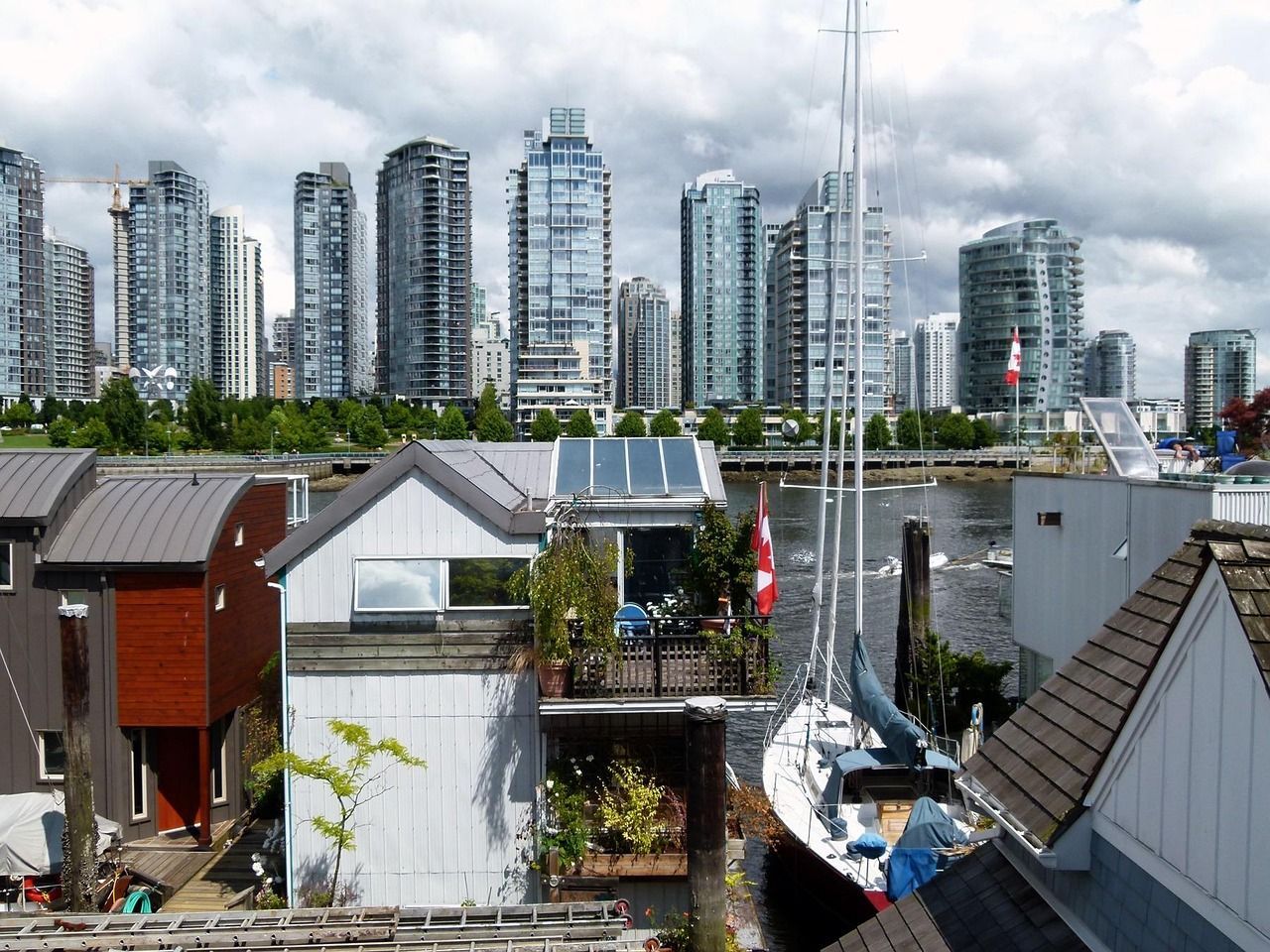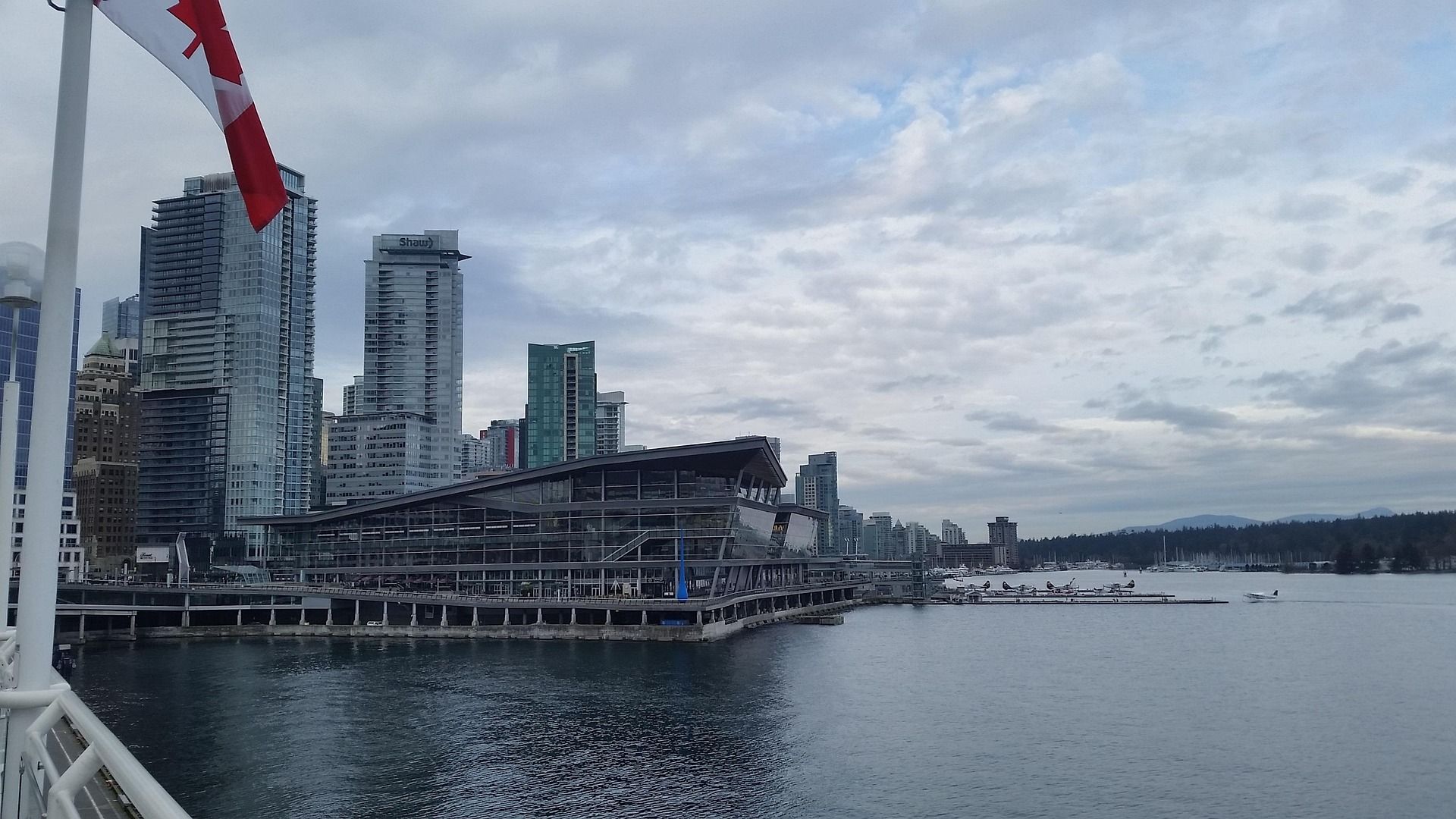Ontario Proposes Occupancy Permit Requirement for Deferred Development Charges
New Building Code Amendments Aim to Streamline Development Charge Collection and Improve Transparency for Residential Projects
Ontario is proposing targeted amendments to the Building Code that would require occupancy permits for non-rental residential buildings where development charges (DCs) are deferred. This change is part of the implementation of the Protect Ontario by Building Faster and Smarter Act, 2025 (Bill 17), which allows DCs to be paid later in the construction process—specifically at occupancy rather than at the time of building permit issuance.
At UTES Design & Build, we understand how regulatory changes can impact timelines, costs, and compliance. Our integrated architecture and engineering team is here to help clients navigate these updates with clarity and confidence.
What’s in the Proposal?
The Ministry of Municipal Affairs and Housing is proposing to amend Ontario Regulation 163/24 under the Building Code to:
- Require occupancy permits for non-rental residential buildings (e.g., stacked townhouses) where DCs are deferred under section 26.1(3.1) of the Development Charges Act.
- Prevent issuance of occupancy permits until the municipality confirms that deferred DCs have been paid in full.
- Maintain all existing life-safety requirements before an occupancy permit can be issued.
These changes would apply only to buildings where DCs are deferred under the new provisions. Rental, institutional, or buildings under existing section 27 agreements would not be affected.
How Does This Affect You?
Homebuyers
- You may experience delays in occupancy if development charges are not paid promptly.
- Builders will need to ensure all DCs are cleared before you can move in.
Builders & Developers
- You’ll need to coordinate closely with municipalities to ensure DCs are paid before occupancy.
- Projects that previously didn’t require occupancy permits may now need them, adding a new step to your workflow.
- Staged or partial occupancy may require additional documentation or regulatory clarity.
Municipalities
- Must confirm payment of deferred DCs before issuing occupancy permits.
- May see improved collection certainty and reduced administrative burden over time.
At UTES, we proactively manage these processes to avoid delays and ensure smooth transitions from construction to occupancy.
Why UTES Design & Build Is Your Regulatory Partner
- Code-Smart Design: We build with compliance in mind from day one.
- Permit Expertise: We handle all municipal coordination, including DC documentation and occupancy approvals.
- Integrated Team: Our architecture and engineering teams work together to streamline every phase.
- Client Advocacy: We keep you informed and protected throughout the build.
Let’s Build Smarter, Together
Regulatory changes don’t have to slow you down. UTES Design & Build is here to help you navigate Ontario’s evolving Building Code and ensure your project stays on track.
Contact us today to learn how these updates could affect your next residential build.









